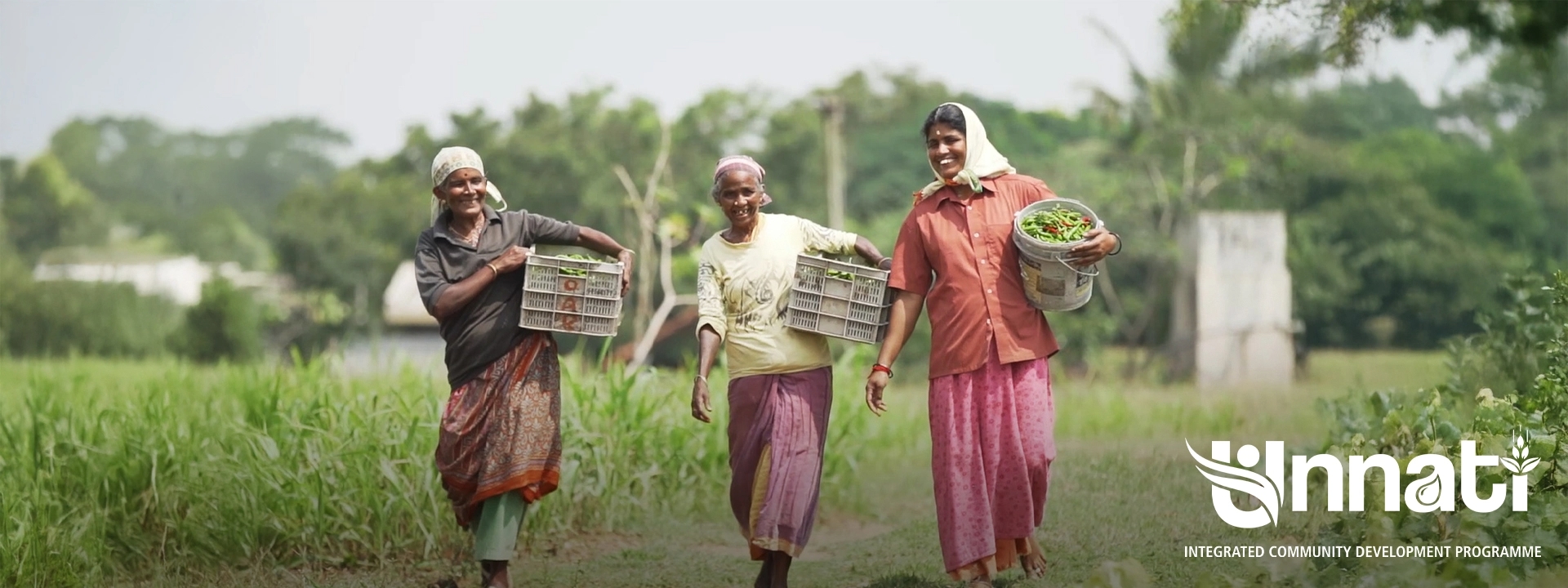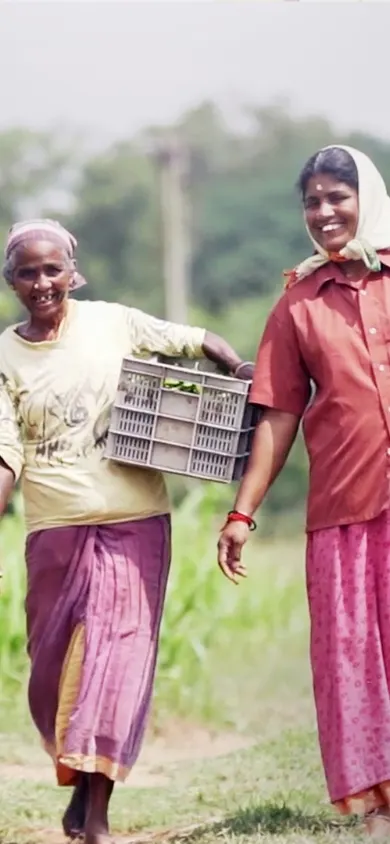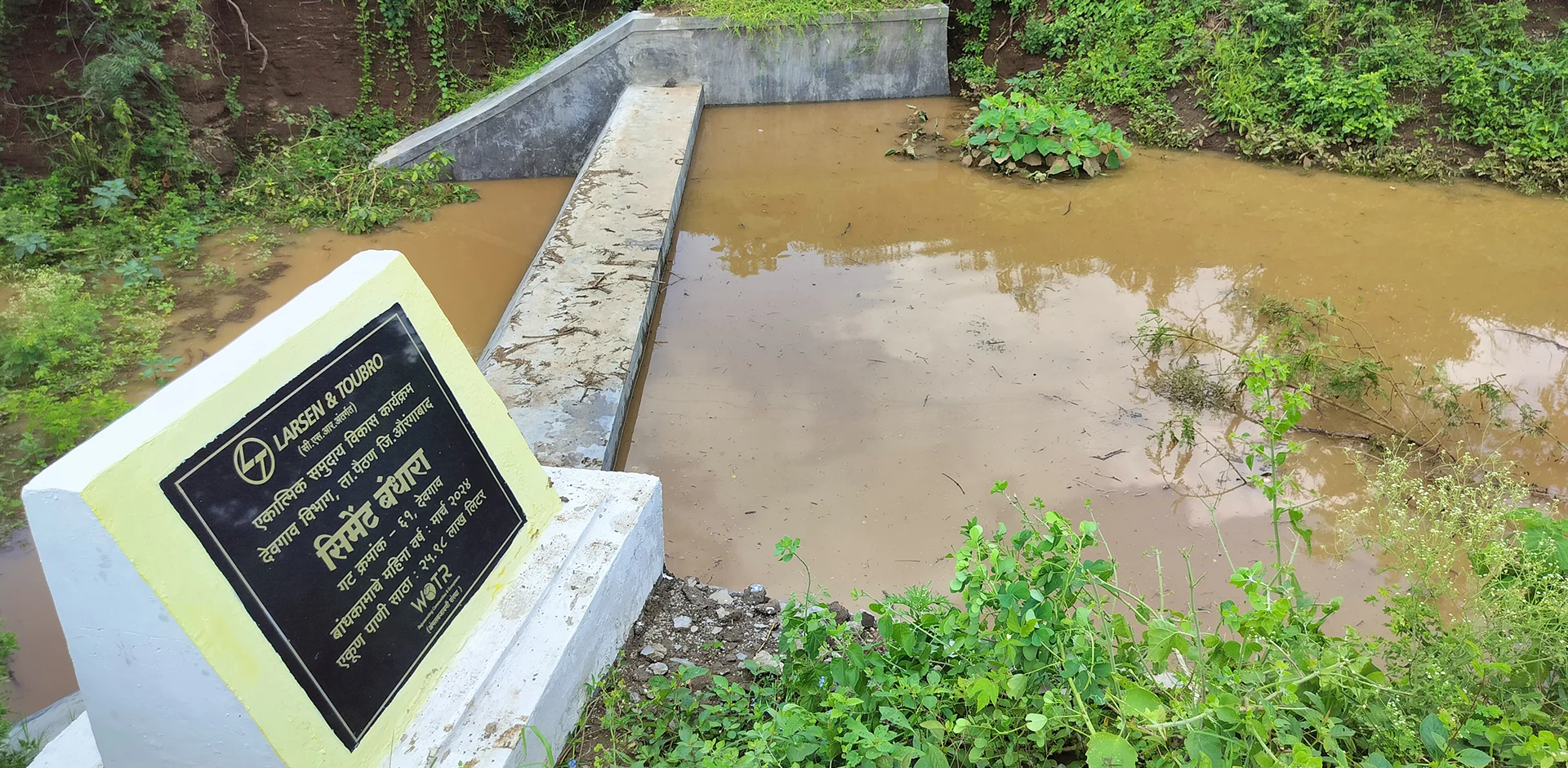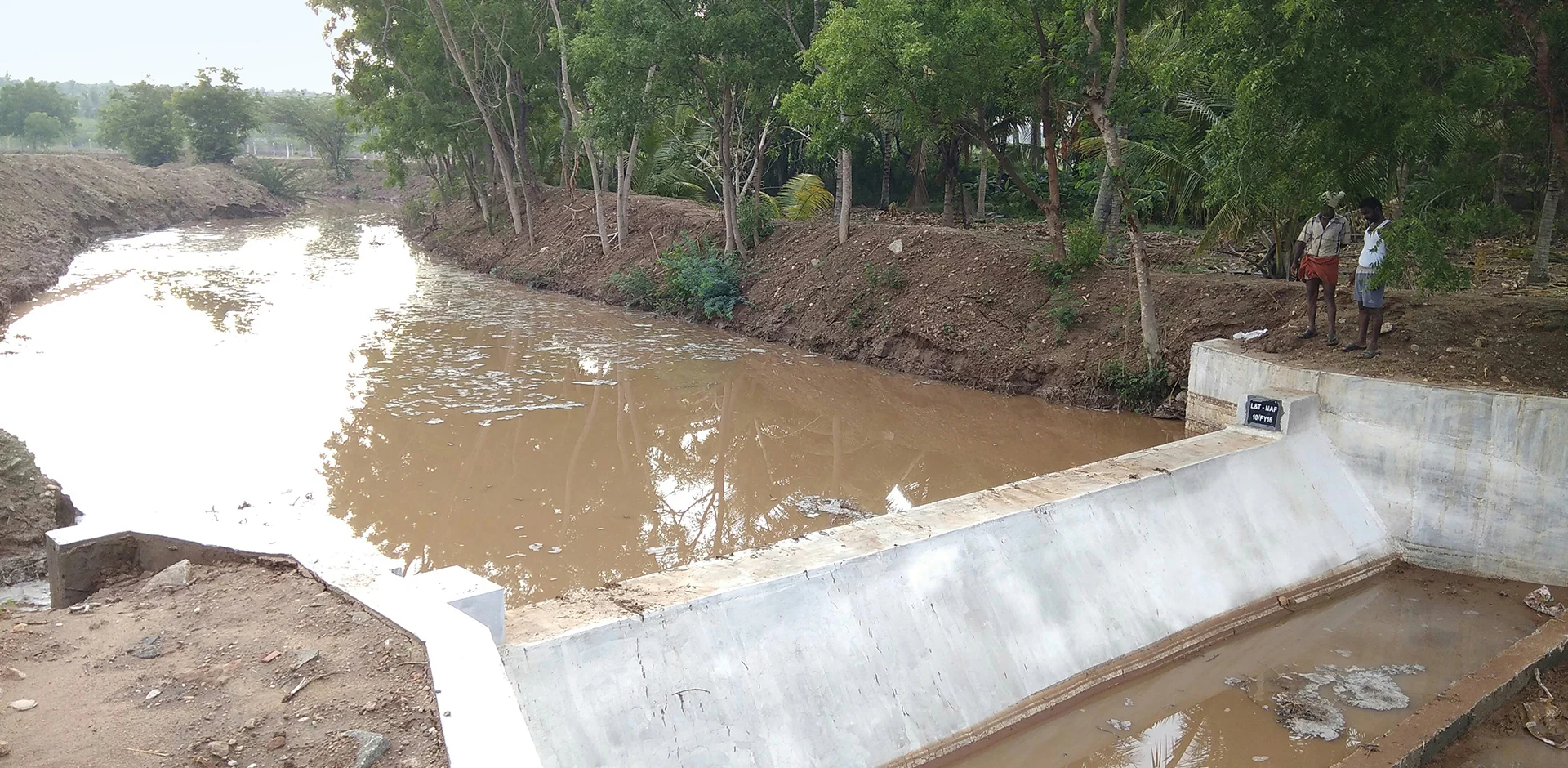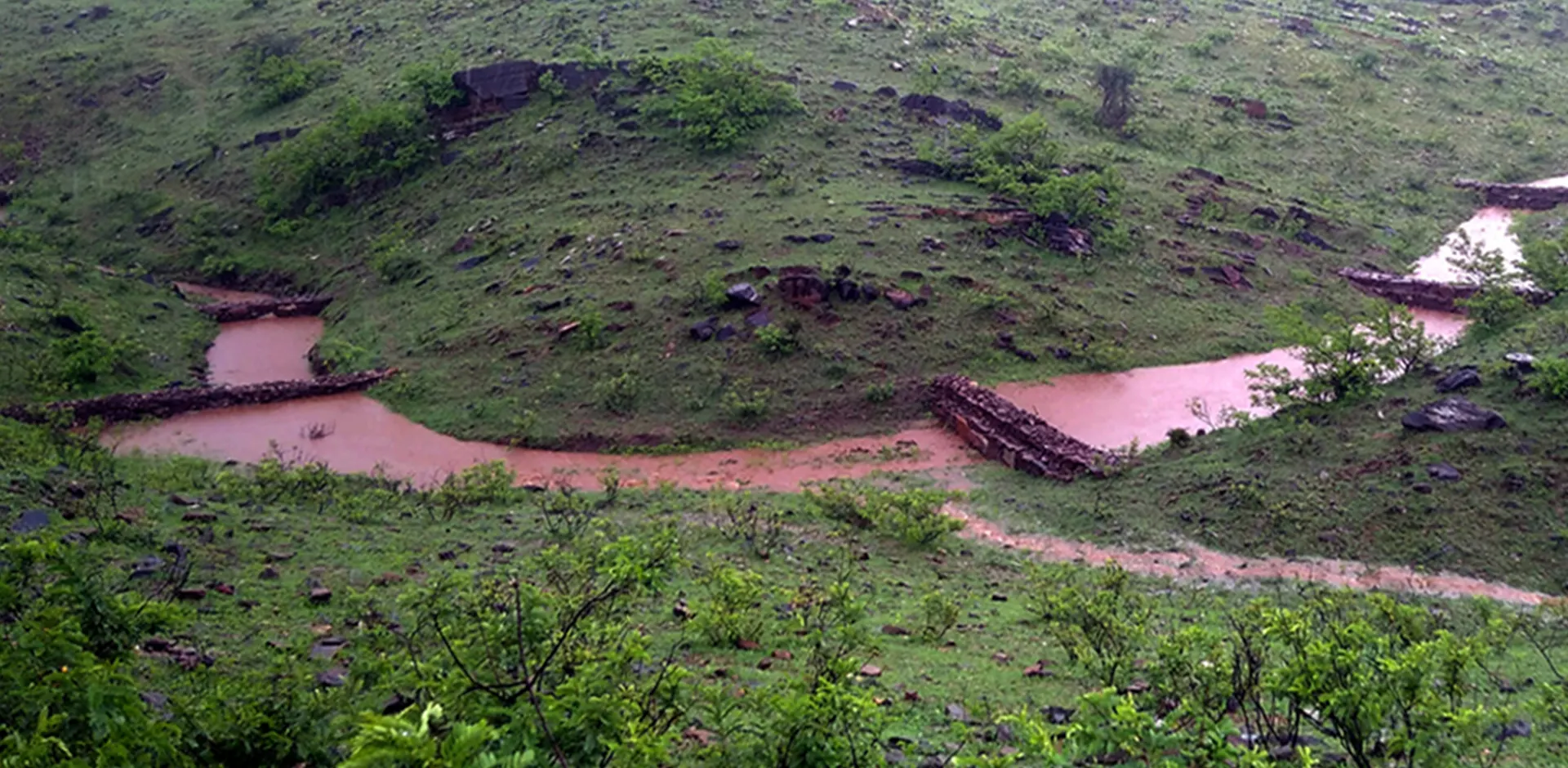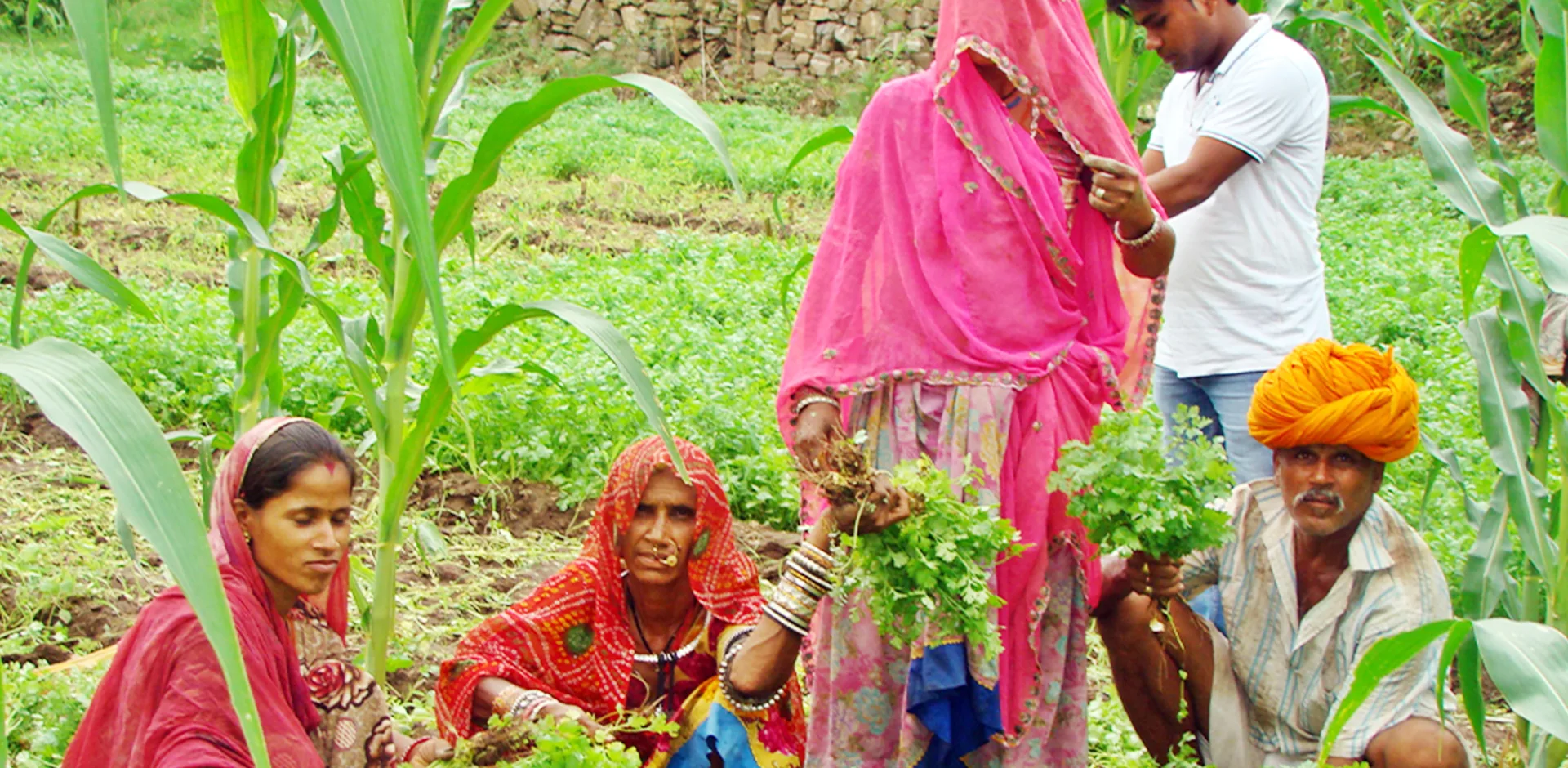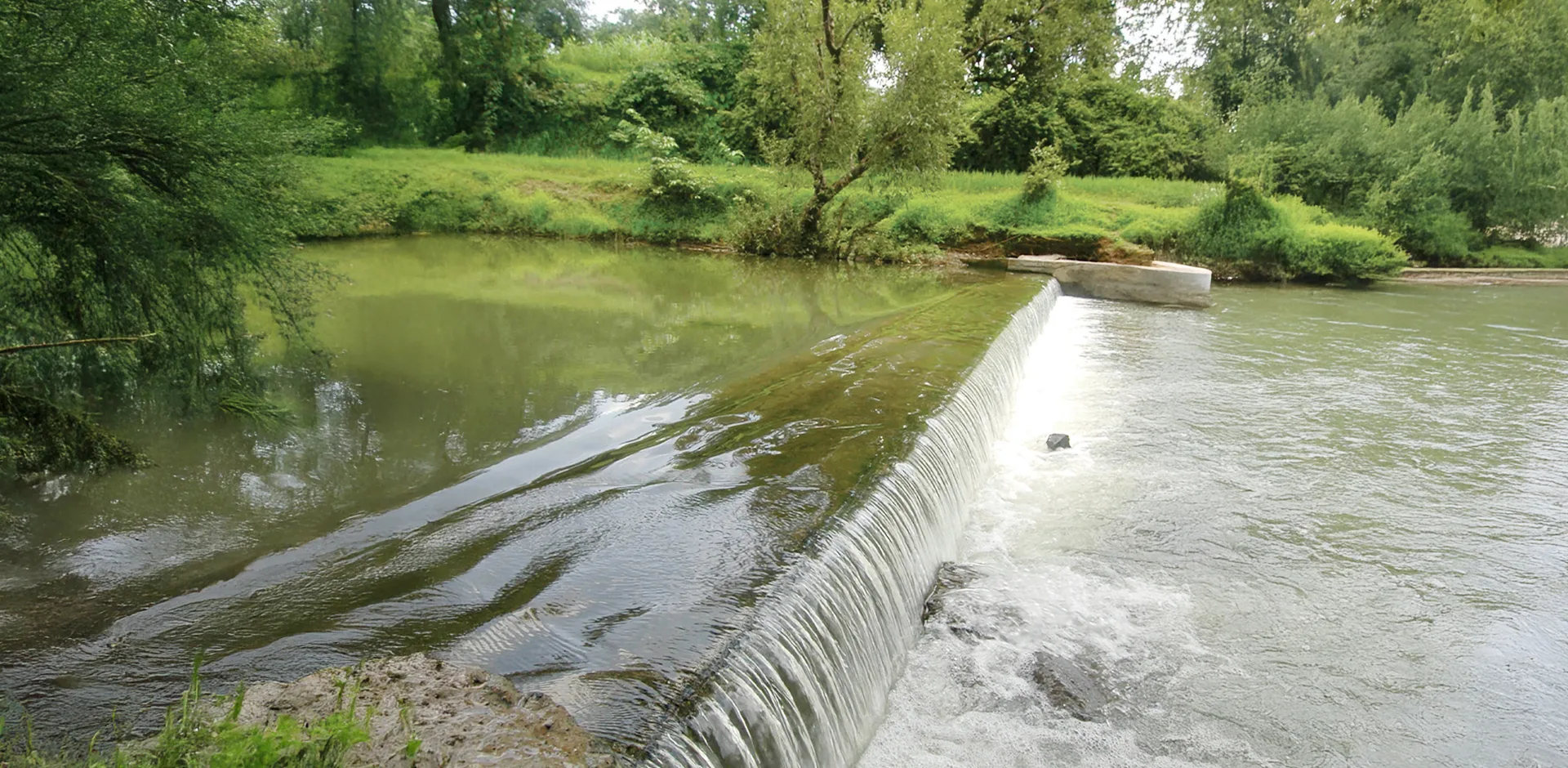- Sustainability
- People
- Water & Sanitation
Ensuring availability of safe drinking water and water for agriculture in water stressed locations across India; constructing and ensuring use of toilets; promoting sustainable agricultural practices livestock rearing practices and livelihood; enabling communities to navigate impact of Climate Change, ensuring nutritional food intake to prevent malnutrition and building capacities of communities for sustainability.
L&T's Integrated Community Development Program (ICDP) was initiated in 2014-15 with the goal of enhancing water availability. The programme addresses water scarcity issues in water-stressed locations in Rajasthan, Maharashtra, and Tamil Nadu.
Integrated Community Development Programme (ICDP)
The ICDP is initiated with a need assessment of the area, and then proceeds with a structured approach. This entails rallying individuals around the issue, establishing committees for monitoring and village development, promoting awareness of water conservation, constructing infrastructure to facilitate soil and water preservation, ensuring community maintenance of these structures, facilitating sanitation initiatives with community involvement, promoting sustainable and climate-resilient agricultural practices, and empowering local communities with the skills to utilise resources responsibly.

Building Infrastructure for Water Conservation
Building Infrastructure for Water Conservation with community participation. Construction of structures such as check dams, anicuts, contour trenches, farm bunds, and farm ponds in addition to reviving defunct water holding structures and recharging defunct borewells. The participatory approach is effective in ensuring ownership and long-term sustainability of the interventions. As a result of the increased ground water table farmers are now able to grow two crops in a year.
Capacity Building
Capacity Building involving community training to facilitate optimum, equitable and efficient water use and implement other agricultural methods and technology to increase the yield. Farmers are trained in agricultural practices that require minimum use of water and in preparing low-cost organic manures to retain fertility of the land. Training also includes crop demonstration, organic farming, vermi-composting, seed bank and Horticulture Development.
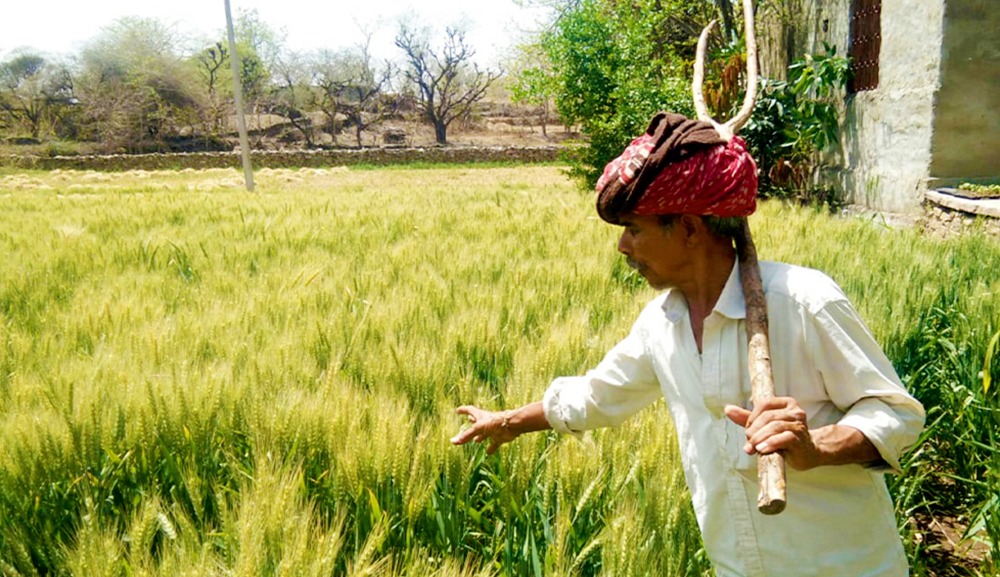
SUSTAINABLE AND CLIMATE RESILIENT AGRICULTURE
Promoting Sustainable and Climate Resilient Agriculture. Practices such as crop rotation, intercropping, mulching, and organic farming are promoted in the project area to help to improve soil fertility and moisture retention, while reducing the need for synthetic fertilizers and pesticides.
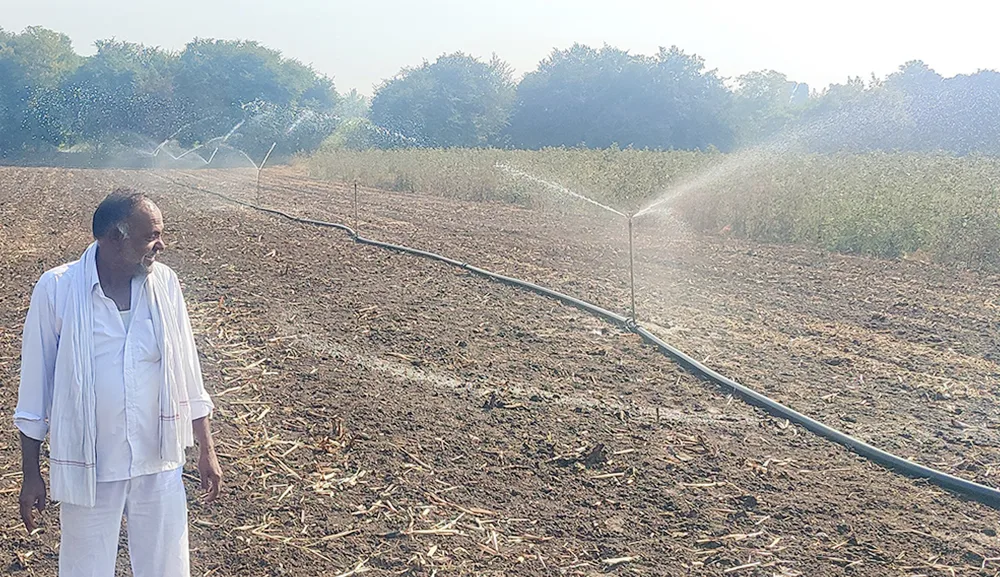
EFFICIENT IRRIGATION TECHNIQUES
Farmers in the project area are adopting drip irrigation, sprinkler irrigation, or other efficient irrigation techniques to reduce water usage and increase crop yields. This is also helping reduce the risk of waterlogging and soil erosion. With the help of micro irrigation, farmers can now irrigate their crops efficiently and ensure that the saved water lasts for twelve months every year. As a result, the area under horticulture has increased, and farmers have started cultivating crops even in the summer months, which was not possible earlier without proper irrigation.
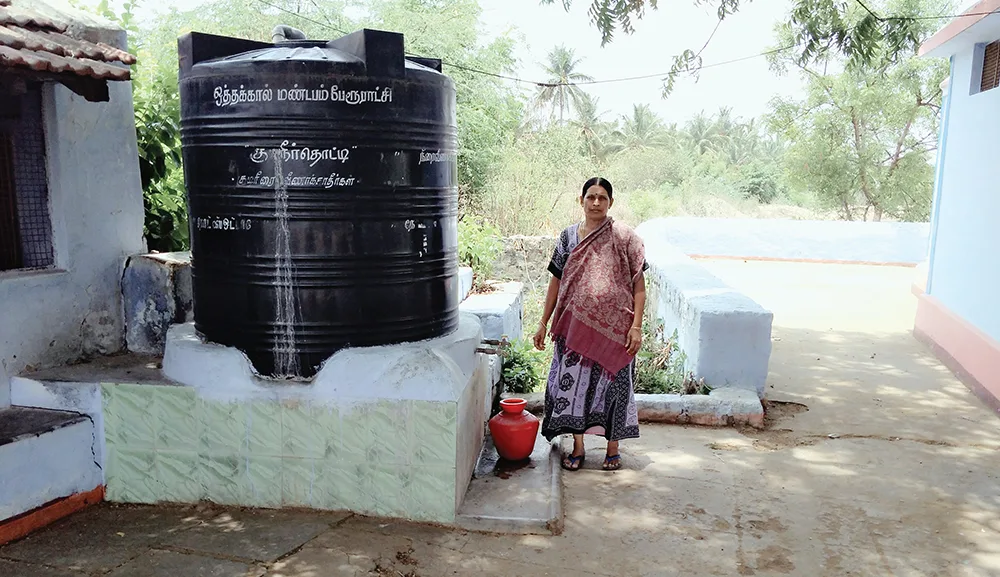
Drinking Water and Sanitation
Lack of water and sanitation facilities often results in poor attendance in schools and eventually children dropping out. The initiative to provide clean drinking water was in response to inadequate water and sanitation facilities in schools around L&T Campuses and project sites. In addition to adequate Water, Sanitation and Hygiene (WASH) infrastructure in schools the programme also focuses on spreading hygiene awareness among students and providing training on keeping their school environment clean.


